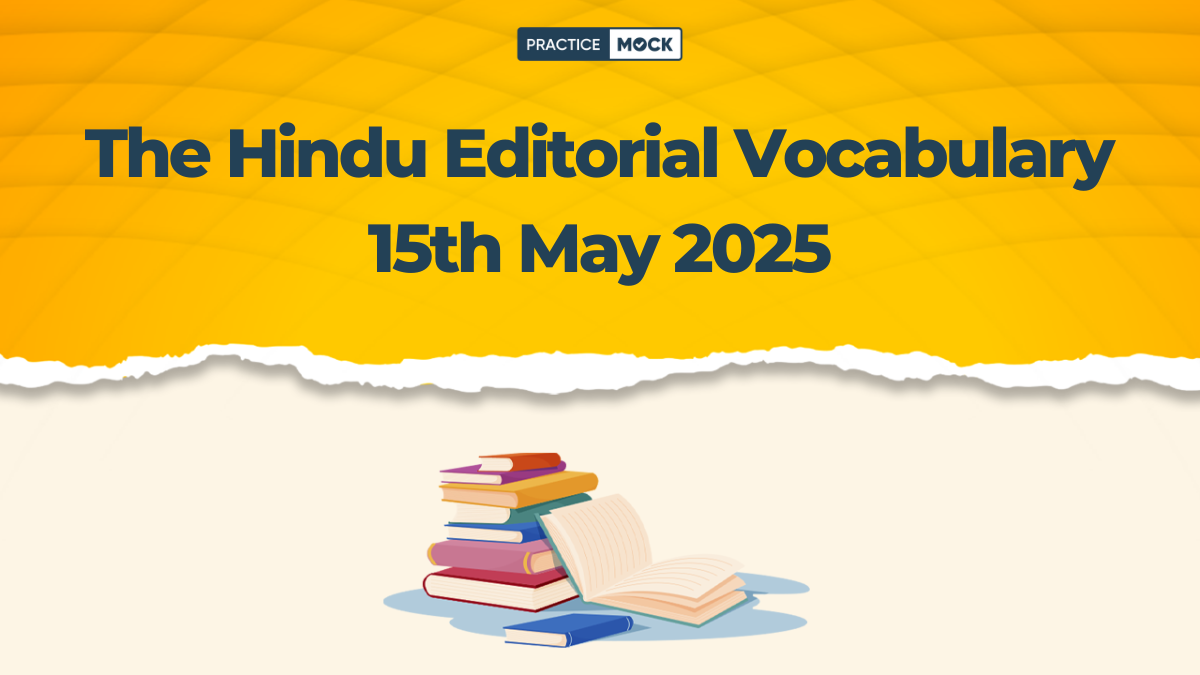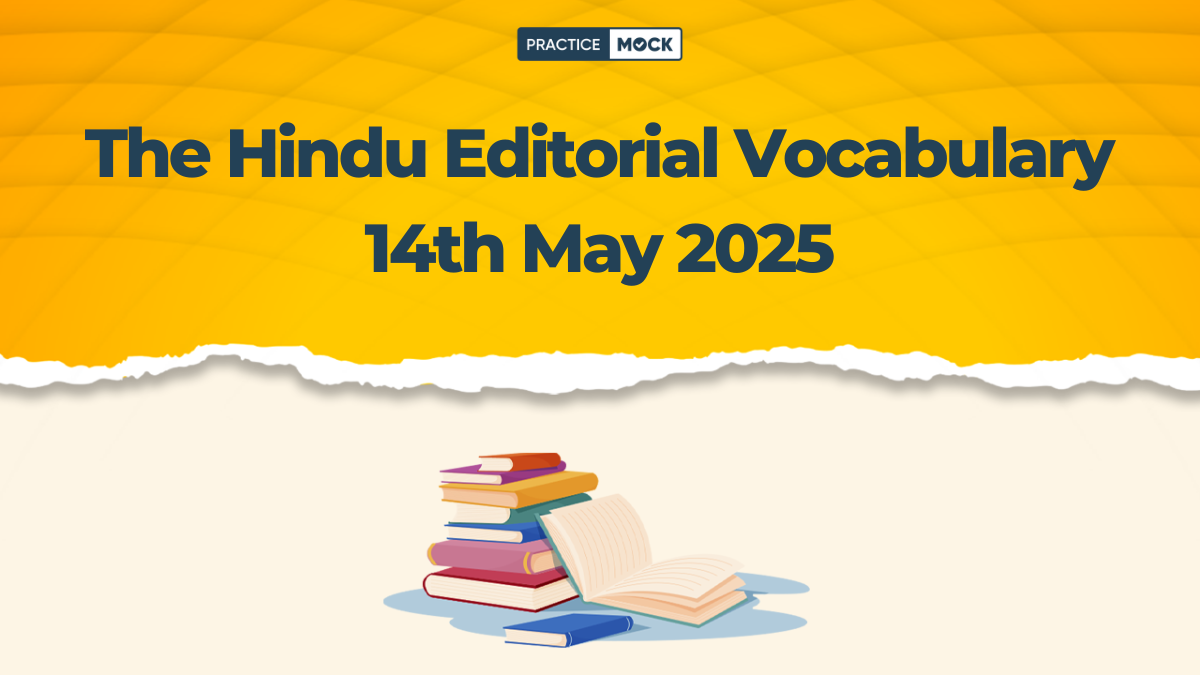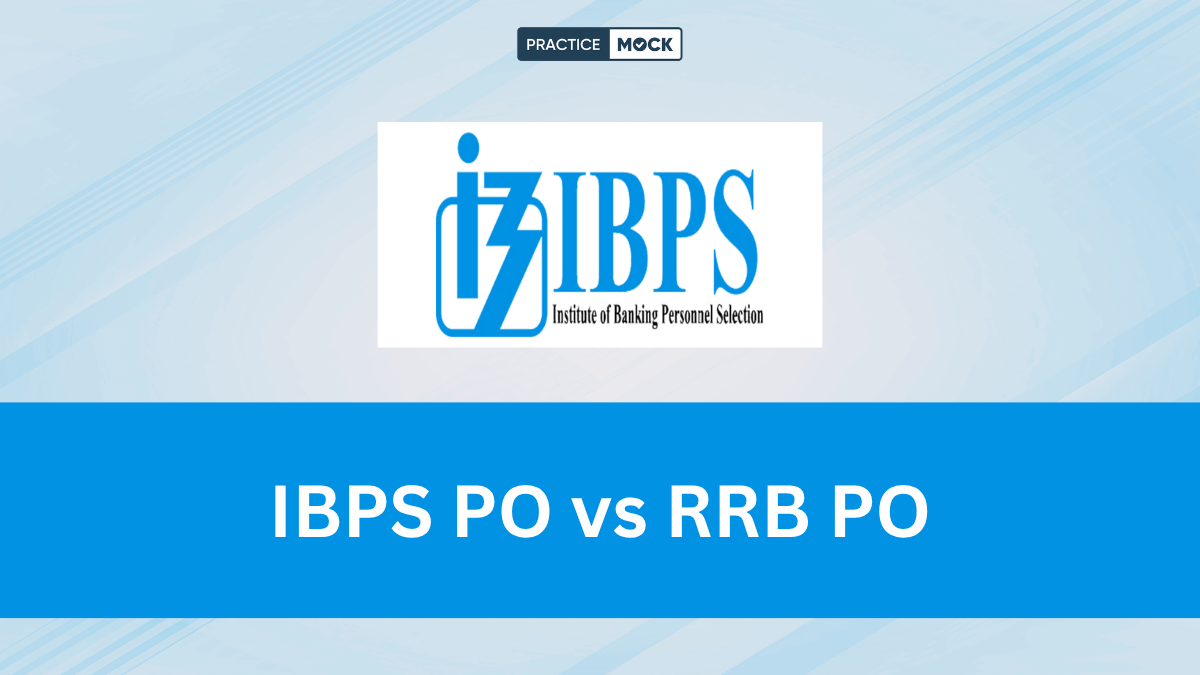

Today we have collated the 10 tricky words/phrases/terms from the editorial on RBI’s fund transfer. Go through these words and see how many did you know already. Check their usage as well. This will surely help you to understand the sense the tricky words have conveyed in the editorial.
| Difficult Word/ Phrase | Contextual Sense |
| Windfall | a large amount of money that is won or received unexpectedly |
| Ferocious | savagely fierce |
| Upend | set or turn (something) on its end or upside down |
| Payout | a large payment of money |
| Truncate | shorten the duration of |
| Mop up | to gather as if by absorbing |
| Buffer | something or someone that helps protect from harm |
| Coffer | Treasury |
| Wiggle | move or cause to move up and down or from side to side with small rapid movements |
| Behove | it is a duty or responsibility for someone to do something; it is incumbent on |


Timely windfall (a large amount of money that is won or received unexpectedly): On RBI’s fund transfer
The RBI’s transfer is a much-needed buffer, but there are risks in banking on these surpluses
The Reserve Bank of India’s decision to transfer ₹99,122 crore of surplus to the Centre comes as a windfall to the government, at a moment when the ferocious (savagely fierce) second wave of the COVID-19 pandemic has likely upended (set or turn (something) on its end or upside down) most projections for the economy including revenue assumptions. The payout (a large payment of money) is almost double the ₹53,511 crore that the Finance Minister had budgeted for by way of dividend receipts, including from nationalised banks and financial institutions. That the RBI has generated a surplus that is over 73% higher than what it posted for the previous 12-month period ended June 2020, is also noteworthy when one considers that the bank just changed its accounting calendar from July-June to an April-March format by truncating (shorten the duration of) its last financial year to a nine-month period. The RBI’s annual report, released on Thursday, shows that a sharp 63% contraction in expenditure was a major factor in boosting the surplus, especially as income fell by 11%. However, the biggest contributor in real terms was the ₹50,629 crore of exchange gain realised by the central bank from its foreign exchange transactions. The central bank, which admits to intervening in the foreign exchange market to smoothe volatility, clearly had a very busy time mopping up (to gather as if by absorbing) the record foreign direct investment inflows that exceeded $81 billion (at a gross level) in the last financial year, as well as the sizeable portfolio investments from overseas. Still, a 69% increase in exchange gain, over the preceding 12-month period, prompts the question as to whether the RBI’s foreign exchange transactions were all entirely aimed only at stabilising the rupee’s value.
Given the magnitude of economic disruption caused by the ongoing pandemic and the lack of visibility on the costs that the economy is going to have to bear in the coming months, the RBI’s transfer surely provides a much-needed buffer (something or someone that helps protect from harm) to the government’s finances. However, both the Centre and the central bank need to be cognisant of the risks in making a habit of banking on these surpluses to cushion the government’s coffers (treasury). After all, just two years ago, the RBI had transferred a record ₹1.76-lakh crore to the exchequer. While the Reserve Bank has ensured that it maintains contingency reserves at exactly 5.5% of the overall size of its balance sheet, the level of its reserves provides little wiggle (move or cause to move up and down or from side to side with small rapid movements) room to safeguard against a sudden, unexpected financial crisis and is at the lower end of the 5.5%-6.5% band recommended by the Bimal Jalan committee. With the government facing the likelihood of overshooting its budgeted borrowing, given the higher spending needed to bolster vaccinations, health care and direct fiscal support, the RBI’s balance sheet could swell in size this year too. It would behove (it is a duty or responsibility for someone to do something; it is incumbent on) policymakers to remember that the central bank is ultimately the lender of last resort to the nation as a whole and can ill-afford to be less than adequately funded to meet every conceivable contingency.
Hope you got to know some new words/phrases which will definitely be useful in the English section of upcoming competitive exams. Wishing you all the best for your preparation!
Want to improve your vocabulary further? Download the Lists of Word-Meanings of Previous Months here.
Recent Posts
FCI Assistant Grade 3 Syllabus 2025, Check Exam Pattern
Knowing FCI Assistant Grade 3 Syllabus & Exam Pattern is important to study for Phase…
SBI CBO GA & Banking Awareness Previous Year Paper
In this article we are providing the SBI CBO General Awareness & Banking Awareness Previous…
IDBI JAM Previous Year Question Paper, Download Grade O Paper PDF with Solution
Here we are providing the IDBI JAM Previous year question paper. Candidates can download free…
Janakalyan Bank Clerk Notification Out, Check All Details
Jankalyan Sahakari Bank Clerk Notification Out, Check all Details important from an examination point of…
The Hindu Editorial Vocabulary 15th May 2025
Here we are providing the Hindu Editorial Vocabulary 15th May 2025. Candidates can check words…
IBPS Calendar 2025-26, Get Bank Exam Calendar PDF Download Lin
The IBPS Calendar 2025 has been released on their official website, Candidates can check the…



